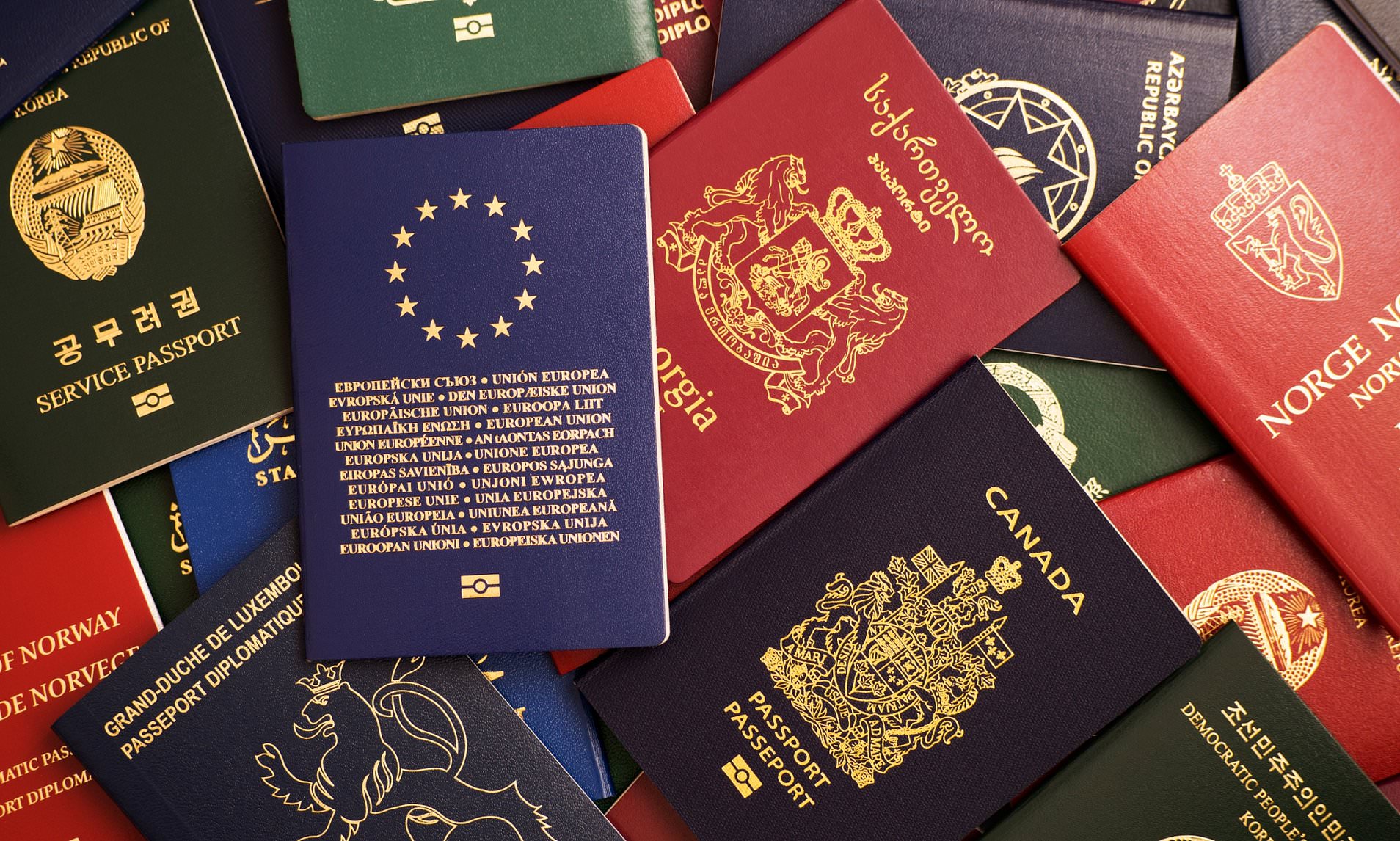
THE WORLD'S EASIEST AND HARDEST CITIZENSHIP TESTS REVEALED - ALMOST EVERYONE PASSES AUSTRALIA'S, WHILE JUST 7% MANAGE TO PASS CANADA'S TEST. SEE IF YOU CAN ACE THEM...
- Candidates facing Canada's test will need to have in-depth historic knowledge
- Could you pass the Canada, USA and Australia citizenship test? Scroll down...
- READ MORE: Ibiza among this summer's cheapest last-minute holiday spots
Canada has some of the most beautiful landscapes in the world - and a high standard of living. But if you want to emigrate there - you'll need to work for it.
That's because it has the hardest citizenship test to pass, according to a new study.
According to the research - which looked at some of the easiest and hardest citizenship tests around the world - just seven per cent of native applicants pass Canada's citizenship test first time.
At the other end of the table is Australia, with 96 per cent of native applicants acing their country's citizenship test on their first try.
Australia's multiple-choice 20-question citizenship test asks candidates why the country celebrates Anzac Day and to name the colours of the Aboriginal flag.
Applicants for Canada's citizenship test are tested on 20 questions spanning the country's history, economy and geography.
Candidates are challenged on the number of Canadians that served in the First World War and the name of Nova Scotia's Premier.
However, it's not all bad news for Canada's citizenship candidates, as they won't be tested on language proficiency.
German (95 per cent native pass rate) and Spanish applicants (61 per cent native pass rate) might face an easier quiz, but they'll also need to pass a language test to qualify for citizenship.
France's citizenship test ranks alongside Spain's, with 61 per cent of natives passing it.
The USA, meanwhile, has the third easiest test to pass out of the countries analysed, with 93 per cent of native residents succeeding first time. Candidates are quizzed on history (the name of the President during WW1), politics (number of senators) and geography (which ocean is on the USA's west).
British citizens didn't perform well on their country's test, with just 42 per cent of Brits meeting the required standard for citizenship.
Ollie Cassel, head of growth marketing at Remitly, which carried out the research, says: 'It's been really interesting to investigate how pass-able the citizenship tests are in some of the world's most liveable countries, with tests in countries such as Australia, Germany and the US boasting particularly high pass rates in our study.
'Conversely, the UK and Canadian citizenship tests were more difficult for natives to pass in our study, although with so many factors playing into how pass-able a citizenship test is - from the education of a country's culture, to the difficulty of the test itself, it's hard to truly know what makes a test easy to pass (or not).'
Read more 2024-07-03T12:36:40Z dg43tfdfdgfd